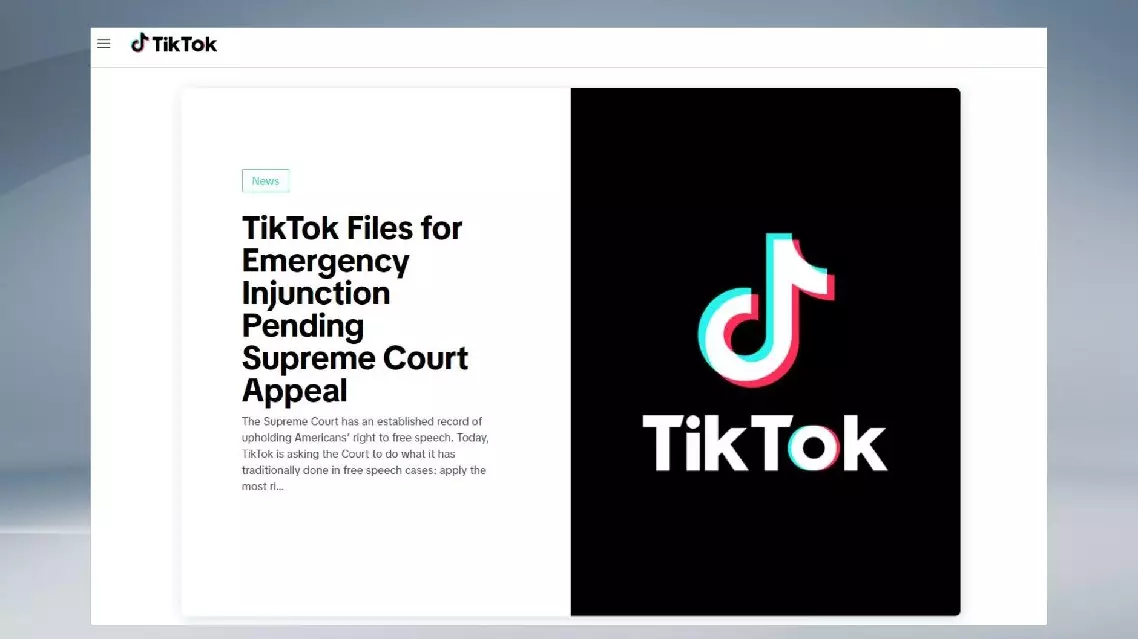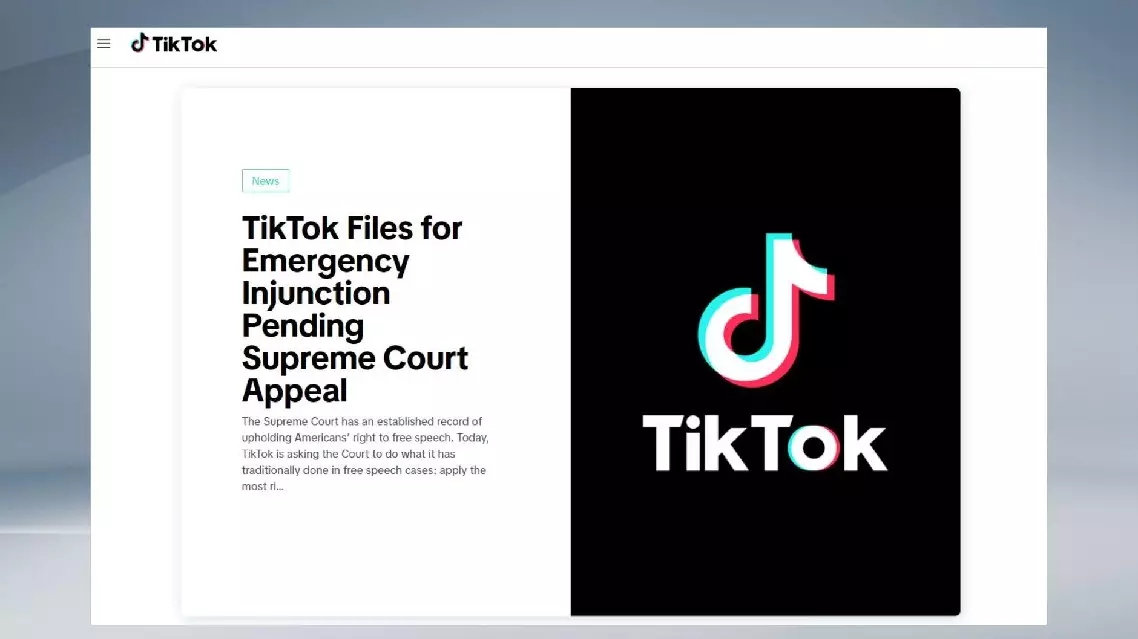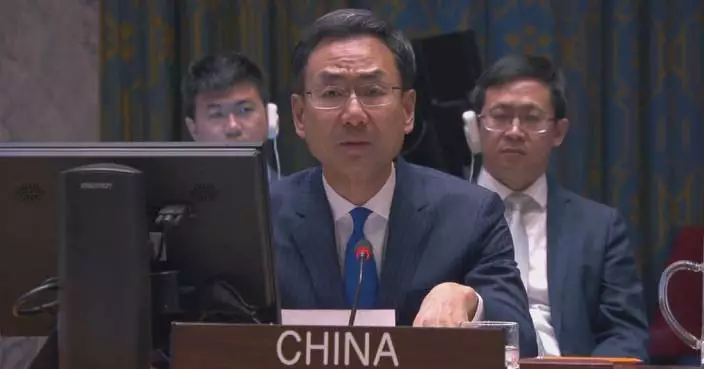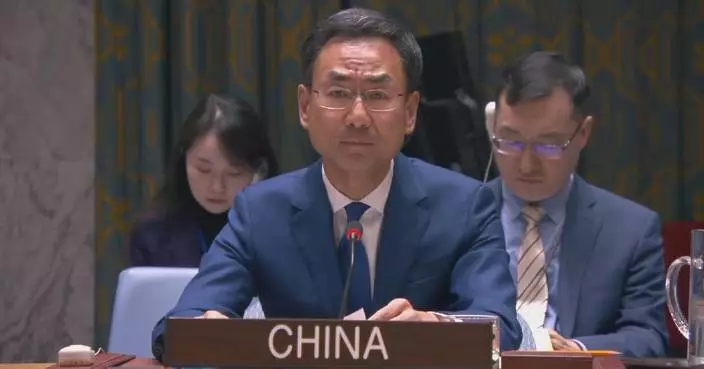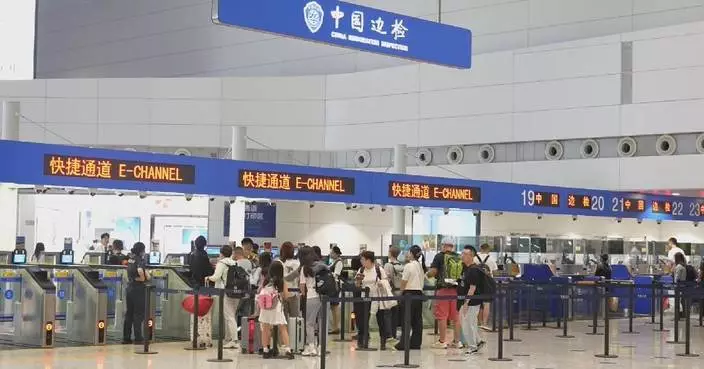China intends to issue more ultra-long special treasury bonds in 2025, aiming to promote equipment renewal, encourage trade-in programs, and support major national strategies and projects, according to the Office of the Central Committee for Financial and Economic Affairs.
As of Dec. 12, driven by treasury bonds issued to promote large-scale equipment renewal and the trading-in of consumer goods, over 5.2 million new vehicles have been sold, generating more than 690 billion yuan (about 95 billion U.S. dollars) in sales revenue. Besides, over 49 million home appliances were sold through these programs, totaling more than 210 billion yuan (about 29 billion U.S. dollars), and more than 2 million old equipment sets were replaced.
These treasury bonds have also supported the development of more than 1,400 major projects, including the new land-sea corridor in western China, high-standard farmland in northeastern China, and the shelterbelt program in northern China.
Based on the progress made in 2024, China plans to issue more ultra-long special treasury bonds in the coming year, with a significant increase in bonds supporting equipment upgrades and consumption through trade-ins, the committee said.
Meanwhile, more products and sectors with high market demand and strong potential will be considered for inclusion in the scope of policy support.
In addition, the funds raised from treasury bonds will be carefully allocated to support key national strategic areas and projects, while improving the mechanisms and efficiency of their use.
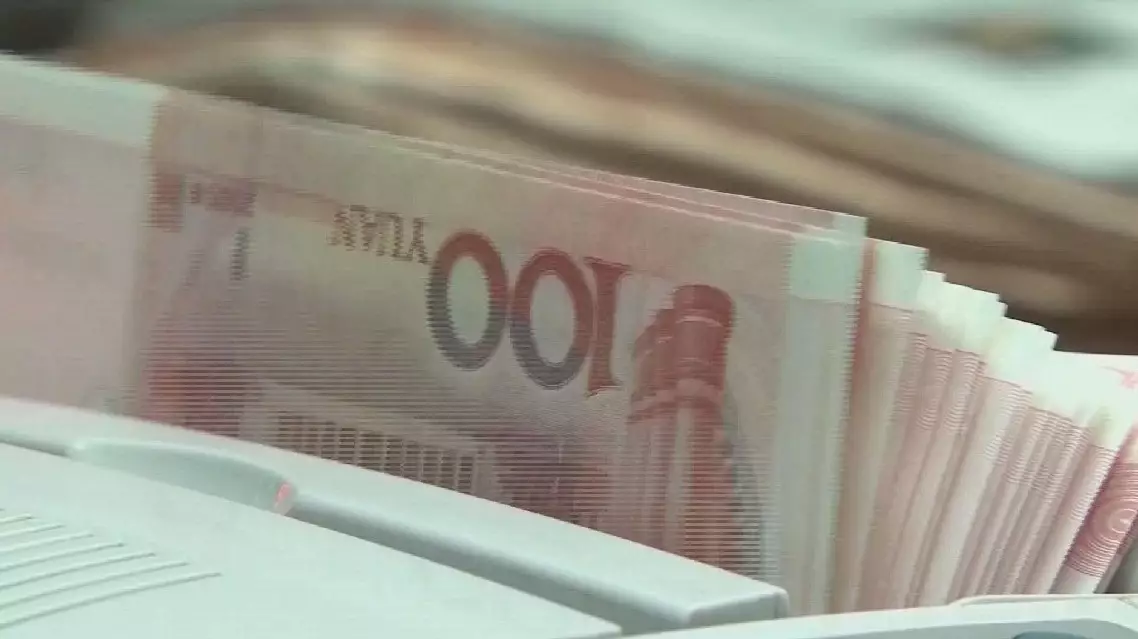
China to increase issuance size of ultra-long special treasury bonds in 2025


